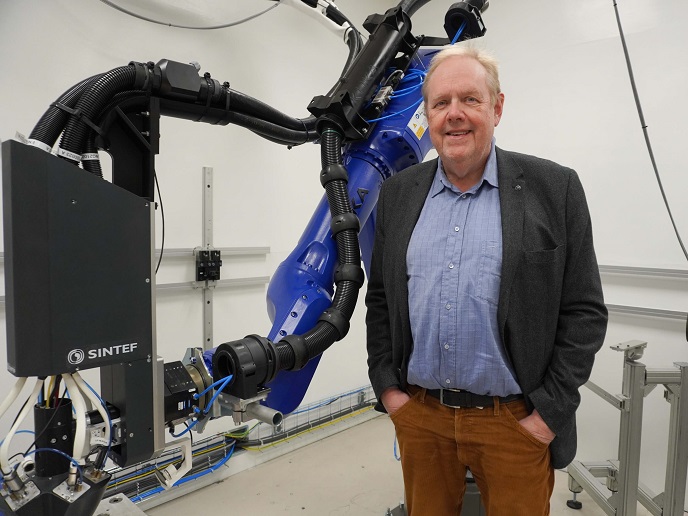Digital platform targets zero-defect manufacturing
Improving quality and minimising defects and costs are essential for ensuring European industries stay competitive in the global marketplace. “Manufacturers are increasingly applying digitalisation in order to measure and control production processes better,” notes DAT4.ZERO project coordinator Odd Myklebust from SINTEF Manufacturing in Norway. “At the same time, these tools can enable human workers to more fully contribute their skills.” Building on this concept, the DAT4.ZERO project developed a digital software platform to help industry progress with the zero-defect manufacturing approach. The platform contains a collection of tools applicable across a range of sectors and designed to detect and address potential defects early in the production process. Identifying problems as early as possible ensures fewer problems down the line.
Real-time adjustments
The centrepiece of this software is the project’s digitally enhanced quality management (DQM) system. This combines smart sensors and large data sets in order to monitor process parameters, such as temperature and vibration, during machining operations. The project has five different pilots. “We wanted to ensure that our DQM system could be used across a range of sectors,” explains Myklebust. German automotive parts manufacturer BENTELER hosted one of the demonstrations. The factory uses information about incoming material to adjust and control the downstream process in real time, taking account of any potential deviations and non-conformities. “This factory extrudes aluminium parts, which then have to be bent the right way,” adds Myklebust. “Slight deviations during machining can lead to problems later. The goal was to achieve a zero-defect extrusion process.” The five pilot projects all reported production improvements. Accurate measurements and analysis of input material, along with better tracking of production processes, help to ensure that quick and accurate adjustments could be made in real time. This has led to less material waste and more efficient energy consumption. Fersa, a Spanish manufacturer of bearings, was able to achieve a 10 % reduction in the number of parts scrapped due to defects. And the Italian medical device manufacturer ENKI achieved projected annual savings of EUR 290 000, driven primarily by reductions in production time and raw material consumption, as well as fewer revisions and reworks.
Reuse, recycle, remanufacture
A key objective now is to bring this software to market and extend digital benefits to more industrial processes. The project team has also focused on training activities to generate interest and knowledge within industry and to ensure familiarity with digitalisation. These activities have ranged from basic supplier management processes to solution-oriented training sessions for different manufacturing processes such as CNC machining and lathing. “One thing that will be very important in the future is remanufacturing,” says Myklebust. “This involves using old parts to create new products. This is a bigger challenge than simply using new material, as the quality of raw material needs to be stable and assured.” This is where Myklebust believes the DAT4.ZERO project can make a significant impact. The DQM system can be used to assure quality and uniformity in high-level manufacturing, for example automotive parts. “We can really achieve added value here,” he remarks. “Our aim is to push our project results in this direction, to close the loop and achieve the circular production of quality products.”
Keywords
DAT4.ZERO, zero-defect, manufacturing, software, extrusion, industry, digitally enhanced quality management, DQM, circular production







